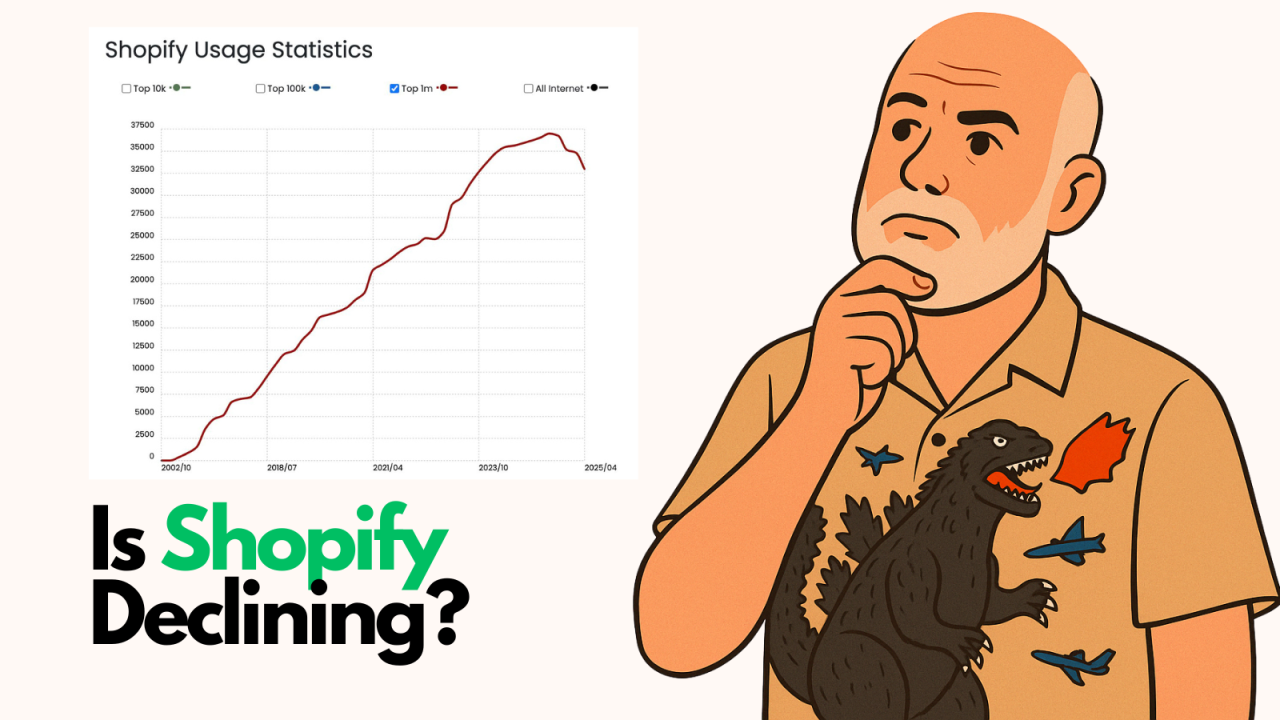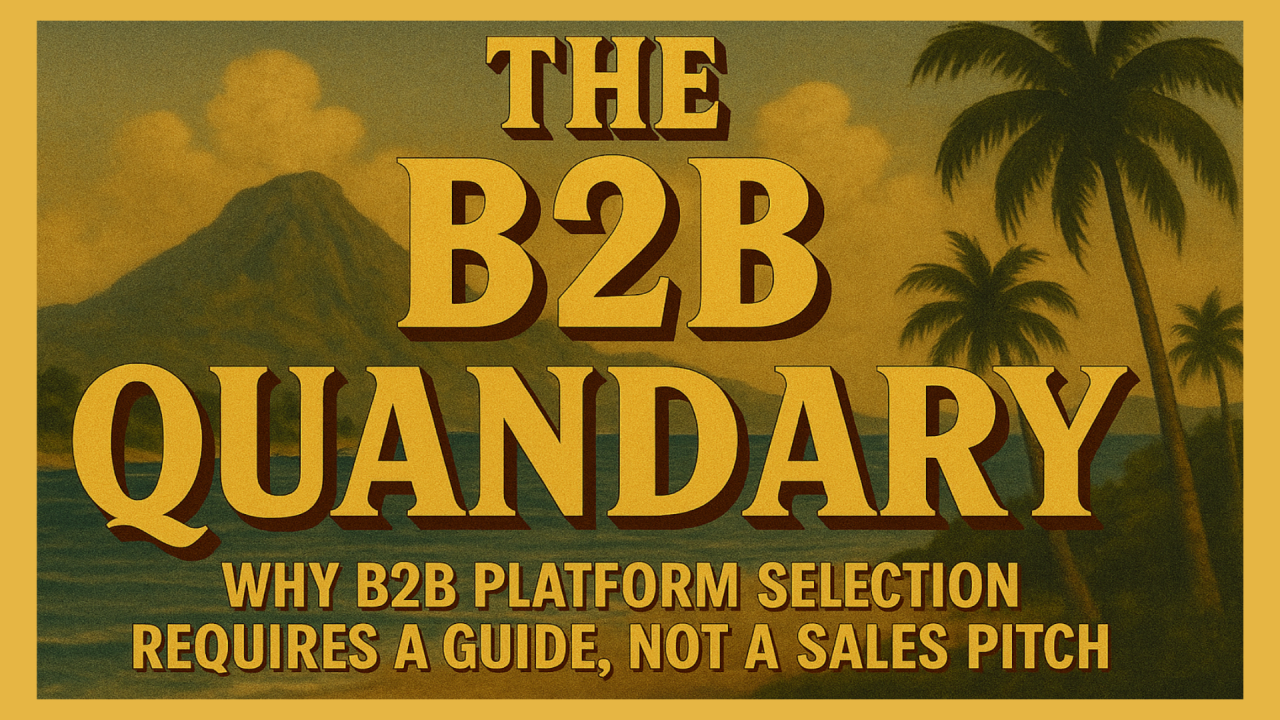
Artificial Intelligence (AI) has been transforming the way we live and work, and content creation is no exception. With the help of AI, businesses can generate content that is not only SEO-optimized but also engaging for users. AI-generated content has the potential to save time and resources while also improving search engine rankings and user experience. We will explore the benefits of AI-generated content, how it works, and the best practices for using it effectively to improve your website's SEO and user engagement.
AI-generated content has several benefits for businesses and content creators. Firstly, it saves time and resources by automating the content creation process. With AI, businesses can generate content in minutes instead of hours or days, freeing up time for other important tasks. Secondly, AI-generated content can improve search engine rankings by providing SEO-optimized content that includes relevant keywords and phrases. This is particularly useful for businesses that struggle to create content that ranks well on search engines. Lastly, AI-generated content can improve user engagement by providing personalized content that resonates with their interests and preferences.
However, it is important to note that AI-generated content is not a replacement for human-generated content. While AI can generate content quickly and efficiently, it lacks the creativity and emotional intelligence of human beings. Therefore, businesses should use AI-generated content as a supplement to human-generated content rather than a replacement.
AI-generated content can have a significant impact on SEO. By providing SEO-optimized content that includes relevant keywords and phrases, businesses can improve their search engine rankings and attract more organic traffic to their website. However, it is important to ensure that the content generated by AI is of high quality and relevance to the target audience. Otherwise, search engines may penalize the website for publishing low-quality content that provides little value to users.
Another SEO implication of AI-generated content is the potential for duplicate content. If businesses use the same AI-powered tool to generate content for multiple websites, there is a risk of duplicate content. This can negatively impact search engine rankings as search engines prioritize unique and original content. Therefore, it is important to ensure that the content generated by AI is unique and original, or at least carefully curated and edited to avoid duplication.
While AI-generated content can save time and resources, it is important to ensure that it is engaging and relevant to the target audience. To maximize user engagement with AI-generated content, businesses should consider the following:
It is important to note that user engagement cannot be fully automated by AI. While AI can generate personalized and engaging content, it is ultimately up to human beings to build relationships with customers and create a positive user experience.
There are several tools available for generating AI content, each with its own strengths and weaknesses. Some of the top tools include:
To optimize AI-generated content for SEO, businesses should consider the following tips:
While AI-generated content has several benefits, it also poses several challenges that businesses should consider. Firstly, AI-generated content lacks creativity and emotional intelligence, which can result in content that is bland or irrelevant to the target audience. Secondly, AI-generated content can lead to duplication and low-quality content if not carefully curated and edited. Lastly, there are ethical considerations to using AI-generated content, particularly with regard to copyright and intellectual property.
Therefore, businesses should use AI-generated content as a supplement to human-generated content, rather than a replacement. This will ensure that the content is of high quality and relevance to the target audience.
AI-generated content raises several ethical considerations, particularly with regard to copyright and intellectual property. While AI can generate content quickly and efficiently, it may use copyrighted or plagiarized content without proper attribution. This can result in legal issues and damage to the brand's reputation.
Therefore, businesses should ensure that the content generated by AI is original and unique, or at least properly curated and attributed. They should also ensure that the AI-powered tools used for content generation comply with copyright and intellectual property laws.
Several businesses have successfully used AI-generated content to improve their SEO and user engagement. For example, Forbes used an AI-powered tool to generate personalized newsletters for its subscribers, resulting in a 60% increase in open rates. Another example is HubSpot, which used AI to generate content for its blog, resulting in a 20% increase in organic traffic.
These studies demonstrate the potential of AI-generated content to improve SEO and user engagement. However, it is important to note that the success of AI-generated content depends on the quality and relevance of the content to the target audience.
AI-generated content has the potential to revolutionize the way we create and consume content. With the help of AI, businesses can save time and resources while improving search engine rankings and user engagement. However, it is important to use AI-generated content as a supplement to human-generated content, rather than a replacement.
To maximize the potential of AI-generated content, businesses should focus on relevance, personalization, and user engagement. They should also consider the challenges and ethical considerations associated with AI-generated content, and ensure that the content generated by AI is of high quality and relevance to the target audience.
As AI technology continues to evolve, we can expect to see more businesses using AI-generated content to improve their SEO and user engagement. Therefore, it is important to stay ahead of the competition by leveraging the benefits of AI-generated content while also ensuring that it is ethical and relevant to the target audience.

Following up on my earlier post about BigCommerce's rebrand announcement, I got my hands on theCleveland...

By Brent W Peterson AI vs Shopify: Is Platform Dominance Ending in 2025?

The B2B OG Reality Check In 1995, I built my first B2B website for my then computer assembly company. It...